Andrés Abeliuk
PUBLICACIONES
ABSTRACT
Algorithmic matching is a pervasive mechanism in our social lives and is becoming a major medium through which people find romantic partners and potential spouses. However, romantic matching markets pose a principal-agent problem with the potential for moral hazard. The agent’s (or system’s) interest is to maximize the use of the matching website, while the principal’s (or user’s) interest is to find the best possible match. This creates a conflict of interest: the optimal matching of users may not be aligned with the platform’s goal of maximizing engagement, as it could lead to long-term relationships and fewer users using the site over time. Here, we borrow the notion of price-of-anarchy from game theory to quantify the decrease in social efficiency of online algorithmic matching sites where engagement is in tension with user utility. We derive theoretical bounds on the price-of-anarchy and show that it can be bounded by a constant that does not depend on the number of users in the system. This suggests that as online matching sites grow, their potential benefits scale up without sacrificing social efficiency. Further, we conducted experiments with human subjects in a matching market and compared the social welfare achieved by an optimal matching service against a self-interested matching algorithm. We show that introducing competition among matching sites aligns the self-interested behavior of platform designers with their users and increases social efficiency.

Vicuña Mackenna 4860
Macul, Chile



